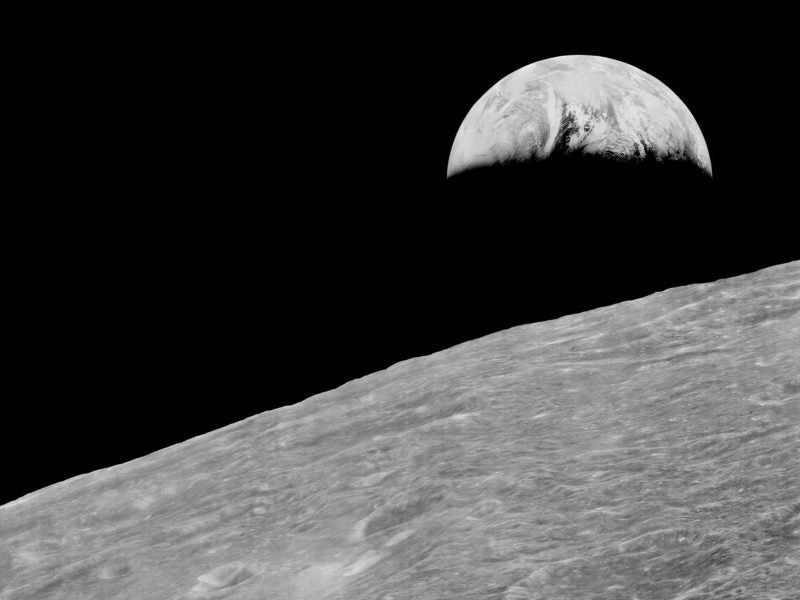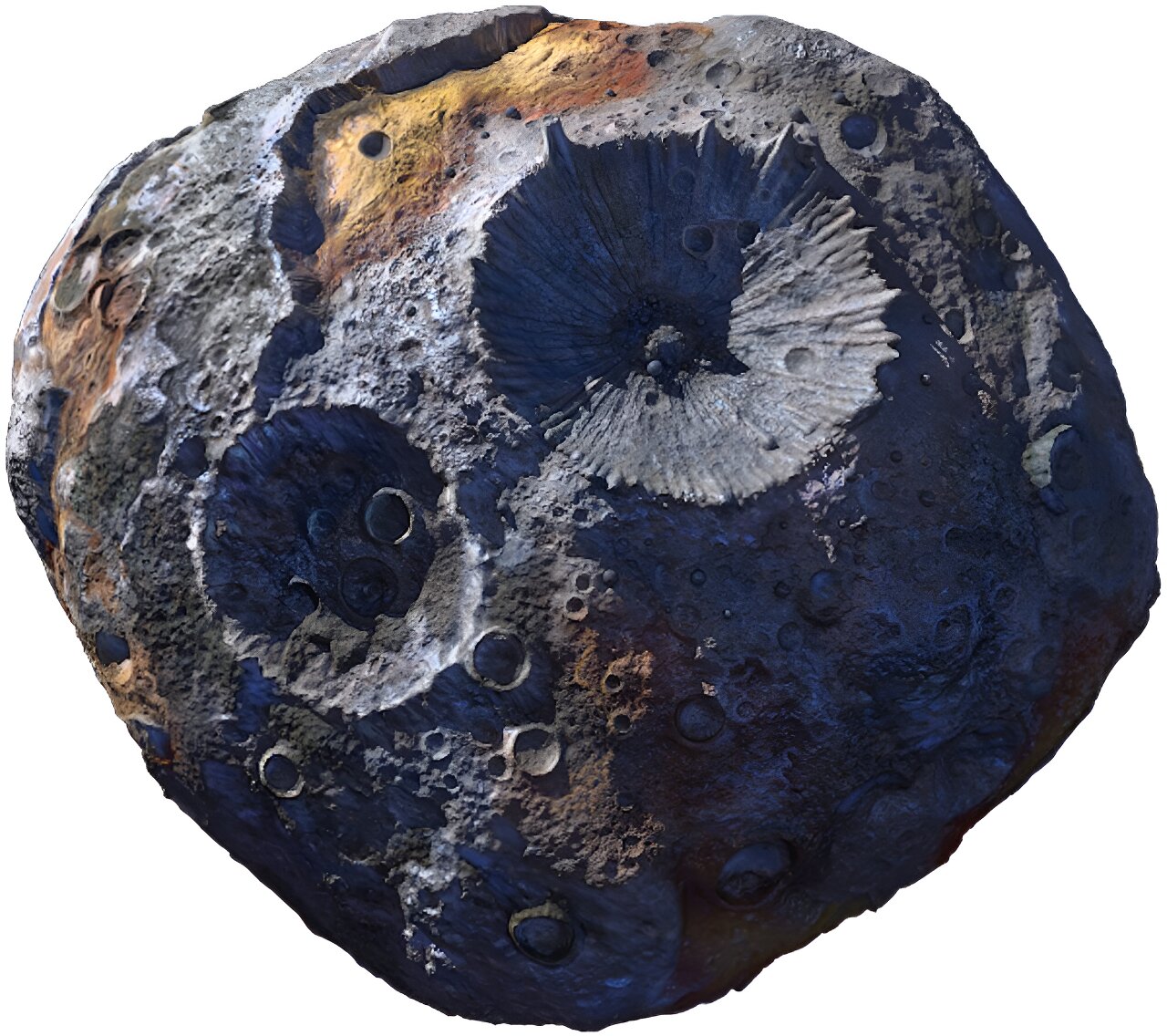R
RGClark
Guest
Last week two highly regarded teams of scientists, engineers, and entrepreneurs, announced plans to do asteroidal and lunar mining:
Google billionaires, James Cameron backing space resource venture.
By Alan Boyle
Renowned scientists join tech visionaries at Moon Express to mine the Moon for planetary resources.
In regards to the reason for this endeavor, several studies have shown many of the important metals for high technology such as platinum at present global growth rates, especially in the emerging economies such as China, will be depleted within decades:
Earth's natural wealth: an audit
23 May 2007
NewScientist.com news service
David Cohen
http://www.science.org.au/nova/newscientist/027ns_005.htm
If these reports are true, and there is some uncertainty in the estimates, then such asteroid mining missions, might turn out to be not merely amusing topics of discussion, but actual necessities.
In that New Scientist article the author seems to be implying the uncertainties in the estimates of impending scarcity come from how the producers are reporting their stocks and available mine-able ore. That is, they may be underreporting them to artificially keep prices high. But with some of these key minerals predicted to run out within two decades clearly this is something that needs to be determined definitively. Maybe we need to send in UN inspectors into their accounting departments and into their actual mines like we send in inspectors for rogue nuclear states.
In any case, here are some peer-reviewed papers that discuss this issue:
Metal stocks and sustainability.
R. B. Gordon*,
M. Bertram†,‡, and
T. E. Graedel†,§
PNAS January 31, 2006 vol. 103 no. 5 1209-1214.
An impending platinum crisis and its implications for the future of the automobile.
Chi-Jen Yang
Energy Policy.
Volume 37, Issue 5, May 2009, Pages 1805-1808.
And of course also if such scarcity estimates are valid this would clearly have a major impact on the question of the profitability of the space mining ventures. B)
Bob Clark
Google billionaires, James Cameron backing space resource venture.
By Alan Boyle
http://cosmiclog.msnbc.msn.com/_news/2012/04/18/11273238-google-billionaires-james-cameron-backing-space-resource-ventureToday's media alert says the new company "will overlay two critical sectors — space exploration and natural resources — to add trillions of dollars to the global GDP. This innovative start-up will create a new industry and a new definition of 'natural resources.'"
"That sounds like asteroid mining," Christopher Mims writes on MIT Technology Review's "Mims' Bits" blog. "Because what else is there in space that we need here on earth? Certainly not a livable climate or a replacement for our dwindling supplies of oil."
Parabolic Arc's Doug Messier, meanwhile, writes that the venture will be an "extraterrestrial mining company."
Diamandis has said on more than one occasion that he's intrigued by the idea of digging into asteroids, for materials ranging from water (for fuel as well as for astronauts) to precious metals such as platinum. The Verge points to a TED talk in 2005 where Diamandis discusses his dream, while Forbes magazine has brought up the subject with him more than once in the past few months.
Renowned scientists join tech visionaries at Moon Express to mine the Moon for planetary resources.
http://www.prnewswire.com/news-releases/renowned-scientists-join-tech-visionaries-at-moon-express-to-mine-the-moon-for-planetary-resources-148632035.htmlMOUNTAIN VIEW, Calif., April 24, 2012 /PRNewswire/ -- Moon Express, a Google Lunar X PRIZE contender, announced today that some of the world's leading planetary scientists have joined its Science Advisory Board (SAB) to assist the company in its plans to explore and ultimately mine the Moon for precious planetary resources.
In regards to the reason for this endeavor, several studies have shown many of the important metals for high technology such as platinum at present global growth rates, especially in the emerging economies such as China, will be depleted within decades:
Earth's natural wealth: an audit
23 May 2007
NewScientist.com news service
David Cohen
http://www.science.org.au/nova/newscientist/027ns_005.htm
If these reports are true, and there is some uncertainty in the estimates, then such asteroid mining missions, might turn out to be not merely amusing topics of discussion, but actual necessities.
In that New Scientist article the author seems to be implying the uncertainties in the estimates of impending scarcity come from how the producers are reporting their stocks and available mine-able ore. That is, they may be underreporting them to artificially keep prices high. But with some of these key minerals predicted to run out within two decades clearly this is something that needs to be determined definitively. Maybe we need to send in UN inspectors into their accounting departments and into their actual mines like we send in inspectors for rogue nuclear states.
In any case, here are some peer-reviewed papers that discuss this issue:
Metal stocks and sustainability.
R. B. Gordon*,
M. Bertram†,‡, and
T. E. Graedel†,§
PNAS January 31, 2006 vol. 103 no. 5 1209-1214.
http://www.pnas.org/content/103/5/1209Abstract
The relative proportions of metal residing in ore in the lithosphere, in use in products providing services, and in waste deposits measure our progress from exclusive use of virgin ore toward full dependence on sustained use of recycled metal. In the U.S. at present, the copper contents of these three repositories are roughly equivalent, but metal in service continues to increase. Providing today's developed-country level of services for copper worldwide (as well as for zinc and, perhaps, platinum) would appear to require conversion of essentially all of the ore in the lithosphere to stock-in-use plus near-complete recycling of the metals from that point forward.
An impending platinum crisis and its implications for the future of the automobile.
Chi-Jen Yang
Energy Policy.
Volume 37, Issue 5, May 2009, Pages 1805-1808.
http://www.sciencedirect.com/science/article/pii/S0301421509000457Abstract
The global demand for platinum has consistently outgrown supply in the past decade. This trend likely will continue and the imbalance may possibly escalate into a crisis. Platinum plays pivotal roles in both conventional automobile emissions control and the envisioned hydrogen economy. A platinum crisis would have profound implications on energy and environment. On the one hand, inadequate platinum supply will prevent widespread commercialization of hydrogen fuel-cell vehicles. On the other hand, expensive platinum may enhance the competitiveness of hybrid, plug-in hybrid, and battery-powered electric cars. Policymakers should weigh the potential impacts of a platinum crisis in energy policy.
And of course also if such scarcity estimates are valid this would clearly have a major impact on the question of the profitability of the space mining ventures. B)
Bob Clark




